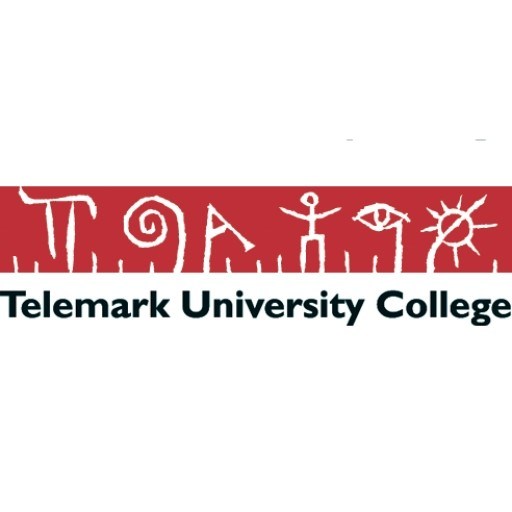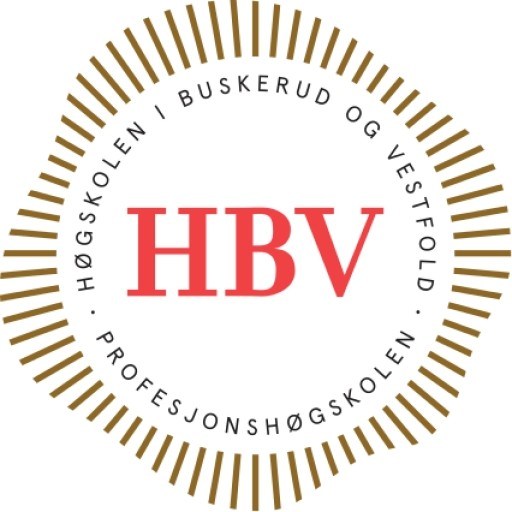"Process Technology is a comprehensive engineering program offered at Telemark University College, designed to equip students with the knowledge and skills necessary to operate, optimize, and maintain complex industrial processes. This program provides a solid foundation in chemical, mechanical, and electrical engineering principles, integrated with specialized training in process control, automation, safety, and environmental considerations relevant to modern manufacturing industries. Students will learn about process design, instrumentation, process management, and the efficient use of resources, preparing them for diverse roles within the process industry sectors such as chemical production, oil and gas refining, pharmaceutical manufacturing, food processing, and energy production. The curriculum combines theoretical coursework with practical laboratory work and industry internships, enabling students to apply their knowledge in real-world settings and develop critical problem-solving skills. Throughout the program, emphasis is placed on safety standards, quality assurance, sustainability, and innovation, reflecting current trends and future challenges in process industries. Graduates will be capable of working as process technicians, operators, engineers, and specialists, contributing to safe, efficient, and environmentally responsible industrial operations. The program promotes teamwork, communication, and continuous learning, preparing students for lifelong careers in the evolving landscape of process technology."
The Bachelor’s degree in Process Technology at Telemark University College offers students a comprehensive education designed to prepare them for a dynamic career in the chemical, pharmaceutical, food, and energy industries. The program emphasizes a strong foundation in process engineering, combined with hands-on experience and practical skills essential for managing complex industrial operations. Over the course of this programme, students will gain in-depth knowledge of process design, control systems, automation, safety protocols, and environmental considerations relevant to modern industrial processes.
The curriculum is structured to provide a balanced mix of theoretical coursework and practical training. Students start with fundamental courses in mathematics, physics, and chemistry, laying the groundwork for understanding the scientific principles behind various processes. As they progress, more specialized subjects such as process chemistry, process control, instrumentation, and process optimization are introduced. The programme also includes modules on project management, quality assurance, and sustainability, reflecting the industry's increasing focus on responsible and efficient processing.
A key feature of the Process Technology program is its emphasis on laboratory work and industry internships. Students are provided with opportunities to work in state-of-the-art laboratories where they can apply theoretical knowledge to real-world scenarios. Additionally, industrial placements allow students to gain valuable insights into operational practices, safety standards, and technological innovations within leading companies. This combination of classroom instruction and practical experience ensures graduates are well-equipped to meet the demands of the industry upon graduation.
The program also fosters the development of essential soft skills, including teamwork, communication, problem-solving, and adaptability. These are cultivated through project-based assignments, group work, and collaborations with industry partners. Furthermore, the curriculum keeps pace with technological advancements, ensuring graduates are familiar with the latest automation systems, control technologies, and environmental safeguarding measures.
Graduates of the Process Technology programme are highly sought after by employers in various sectors, including manufacturing, energy production, pharmaceuticals, and environmental management. They are prepared to take on roles such as process technicians, operations engineers, automation specialists, and quality controllers. The program also provides a solid foundation for those wishing to pursue further studies or engage in research activities within the field.
Overall, the Process Technology bachelor’s degree from Telemark University College combines academic excellence with practical training, fostering innovative thinking and a proactive approach to industrial challenges. Students leaving the programme are equipped with the technical expertise, industry insights, and problem-solving skills necessary to contribute effectively to the evolving landscape of process industries and to promote sustainable and efficient operations worldwide.
Financing studies for the Process Technology programme at Telemark University College are designed to support students throughout their educational journey, ensuring access to quality education without undue financial burden. Tuition fees for international students are established by the institution and may vary depending on the year of study and the student's nationality. For Norwegian and EU/EEA students, education is generally subsidized by the government, making tuition free or significantly reduced, although students are responsible for living expenses, including accommodation, food, and study materials. International students from outside the EU/EEA are typically required to pay tuition fees, which are communicated annually by the university; these fees are set to cover the costs associated with delivering the programme and are published on the university's official website. In addition to tuition fees, students should plan for additional expenses such as student accommodation, health insurance, books, and daily living costs, which vary depending on the city of study and personal lifestyle. Telemark University College offers various financial aid options, including scholarships and grants, primarily targeted at international students showing exceptional academic performance or financial need. Norwegian students and residents can apply for government student loans and grants through the Norwegian State Educational Loan Fund (Lånekassen), which provides financial support to cover living expenses and educational costs. Many students also seek part-time work opportunities, which are available in the region and can help offset living expenses. The university provides comprehensive guidance on financial planning and application procedures to ensure students are well-informed about available resources. Students are encouraged to begin their financial planning early, especially international students who may face additional visa and insurance requirements. Overall, the financing of studies at Telemark University College aims to make education accessible and manageable, fostering a focus on academic excellence and professional development while providing necessary financial support and guidance.
The Process Technology bachelor’s degree programme at Telemark University College is designed to provide students with comprehensive knowledge and practical skills related to modern process industries. This program aims to prepare graduates for technical and operational roles within sectors such as chemical processing, oil and gas, pharmaceuticals, food production, and energy. The curriculum emphasizes a solid understanding of process engineering, laboratory analysis, automation, safety procedures, and sustainable practices within industrial settings. Students engage in both theoretical studies and hands-on training, often including laboratory work, project-based learning, and industry internships to ensure they acquire relevant real-world experience. The programme fosters critical thinking, problem-solving skills, and teamwork abilities, which are essential for managing complex processes and optimizing industrial operations. Graduates are equipped to analyze process data, troubleshoot technical issues, and implement improvements in ongoing processes. Telemark University College collaborates with local industries and companies to ensure the curriculum stays aligned with current industry standards and technological advancements, providing students with up-to-date knowledge and employment opportunities upon graduation. The programme also emphasizes safety, environmental considerations, and sustainable development, reflecting the global shift towards greener industrial practices. Students are encouraged to develop both technical and interpersonal skills, making them valuable assets to employers in a competitive job market. The degree prepares students for various roles such as process engineers, technical consultants, operations supervisors, and safety coordinators, among others. Graduates who complete this programme will be well-positioned to contribute to innovation and efficiency improvements within process-based industries, supporting Norway’s economic growth and sustainable industrial development. Overall, the Process Technology bachelor’s degree at Telemark University College offers a rigorous, industry-oriented education designed to meet the needs of a dynamic and evolving industrial sector.



